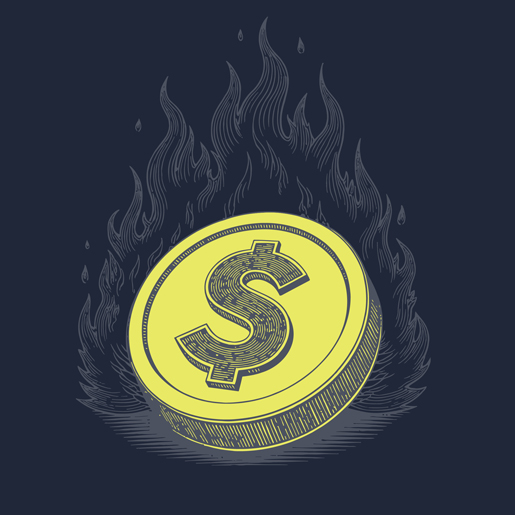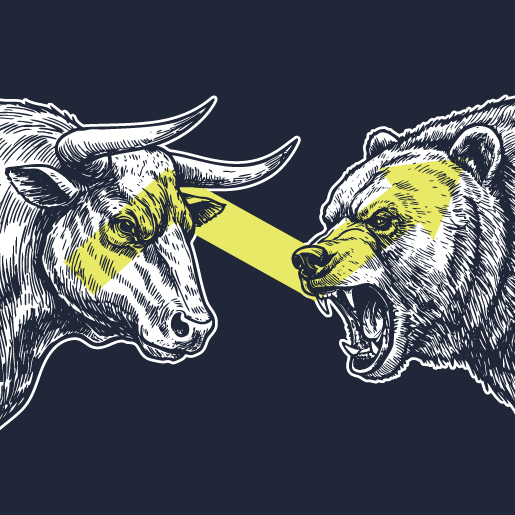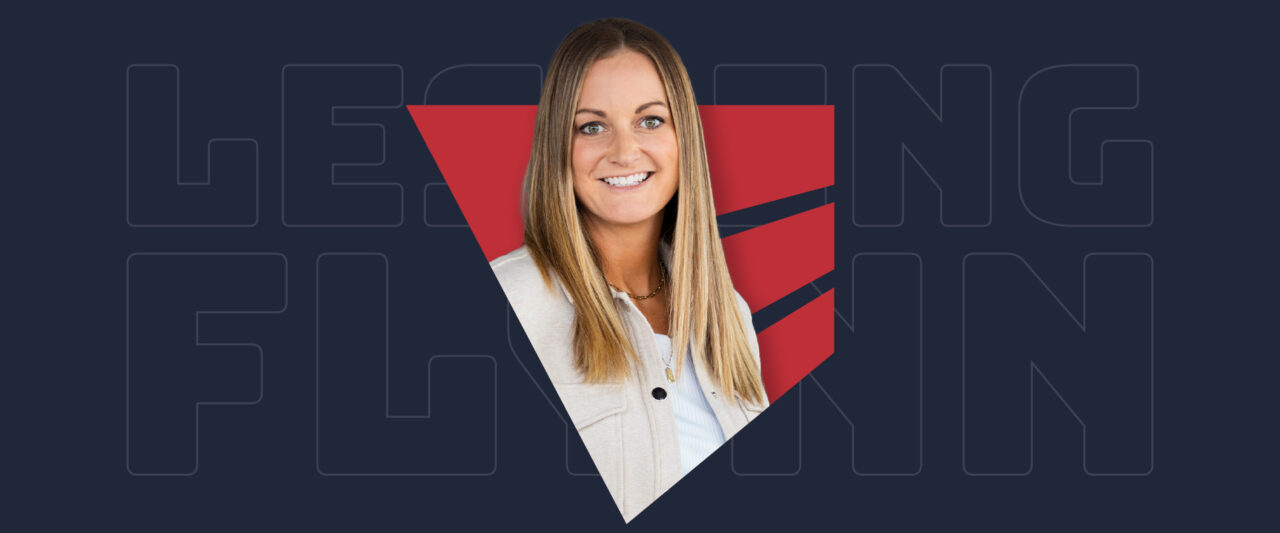There is a trend in the marketing business in recent years. Big brands and big companies are increasingly choosing to work with small agencies. Why? Because they are learning the advantages of working with their chosen ad partners have evaporated as agencies have gotten bigger and bigger. As a result of trending size increases, many agencies tend to operate like their own internal marketing departments — and not the smaller, nimble, creative whiz kids that the clients thought they were hiring. Here are a few reasons why smaller agencies offer what big agencies can’t (or won’t):
 Small Agencies Consider You Important
Small Agencies Consider You Important
Do you want to be a big fish in a small pond or a small fish in a big pond? When it comes to choosing an ad agency, you want to be a pretty big fish in whatever pond. You need to get the level of attention that you deserve. A client that a small agency would consider to be really important might get the second or third string of the creative team at a larger agency. That could translate into mediocre work or inexperience that might require more time (read dollars). Additionally, smaller agencies are less likely to have a high employee turnover — especially at the top levels, so their investment in learning your business is more long-term, which benefits you.
Small Agencies Aren’t Afraid of Small Ideas with Big Results
Big agencies answer to big owners who expect big profits. Big agencies make a living selling epic TV spots and negotiating huge media budgets. Almost like politicians, they research, survey, focus group and test things to death. The process can be long and expensive. And what you sometimes end up with is a once great idea that has been so watered down that it loses its impact. Small agencies, on the other hand, aren’t afraid to propose smaller ideas that may not provide big-agency profit potential goals, but can quickly move the sales needle. Social media. Blogs. E- newsletters. Sales tools. Sometimes it’s the small things that big agencies don’t want to spend time on that can make things happen.
Small Agencies Are More Nimble
Think about this. A semi-trailer truck has way more horsepower than a Tesla, right? So who wins a race? Obviously the smaller Tesla. Why? Because it is more nimble. It can accelerate faster and change directions more quickly. Same thing with a smaller agency. It doesn’t have the layers of bureaucracy that need to be pulled in the same direction. And that’s exactly what larger brands/companies need with an agency — nimbleness.
Small Agencies Can’t Afford Weak Talent
I just watched the MLB leading Chicago Cubs sweep the second place Washington Nationals in a three-game series. In the last game, Bryce Harper, the reigning MVP of the league registered no official at-bats in a 13-inning game despite playing the entire game. The Cubs walked him seven times! Why? Because the talent around him wasn’t performing. If you don’t have a high level of talent up and down the lineup, you’re going to get beat. That’s the same with small agencies. Because they are small, they can’t afford to have team members that don’t perform. In larger companies, it is sometimes easier to “bury” a person in a role that won’t have a significant impact on the company. Small agencies don’t have that luxury — so you’ll often find them made up of a higher caliber of talent.
Small Agencies Have Authentic Cultures
Good culture within an agency means the whole team working together. It means people bringing different perspectives. It means cross pollinating ideas and experiences. It means clients are working with a highly-motivated, high-energy group. I’m not saying that this can’t and doesn’t happen within larger agencies, but too often, the culture within a larger agency is territorial. People are trying to climb the corporate ladder. They’re trying to become the creative superstar. That leads to a lack of collaboration. Add to that the fact that many larger agency teams only work on one client’s work — and you have a group that may not be bringing in the breadth of experience you need to develop new, high-impact ideas.
LF Newsletter Alert
Want Lessing-Flynn to rock the socks off your inbox with insights and more?




